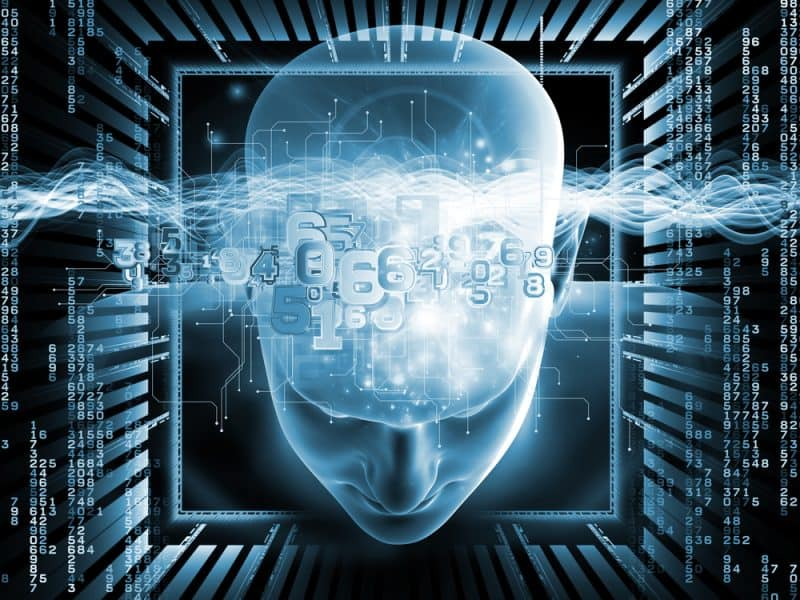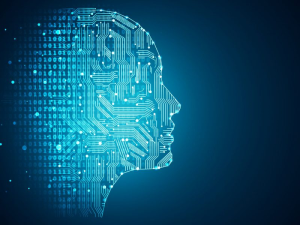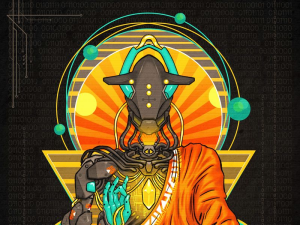
In the past few decades, Artificial Intelligence (AI) has emerged as one of the most transformative technologies of the 21st century. Often referred to as the “Fourth Industrial Revolution,” AI has significantly influenced various sectors, ranging from healthcare and finance to transportation and entertainment. In this article, we will explore the remarkable advancements and the ethical considerations surrounding AI’s integration into society.
The Evolution of Artificial Intelligence
AI has come a long way since its inception in the 1950s. Initially, AI was confined to basic rule-based systems and symbolic programming. However, in recent years, the rise of machine learning and deep learning algorithms has revolutionized AI. The ability to process vast amounts of data and learn from it has unlocked unprecedented potential for applications that were once only imaginable in science fiction.
AI in Everyday Life
In our daily lives, AI has become an inseparable part of modern society. From voice assistants like Siri and Alexa to personalized recommendations on streaming platforms, AI-driven technologies surround us. It powers smart homes, autonomous vehicles, and even influences our social media feeds. The ability of AI to anticipate human behavior and preferences has enhanced user experiences and streamlined various processes.
AI in Healthcare
One of the most promising domains of AI is healthcare. The integration of AI in medical diagnostics, drug discovery, and patient care has shown tremendous potential in saving lives and improving overall healthcare outcomes. AI algorithms can analyze medical imaging data with remarkable accuracy, aiding in early detection of diseases. Additionally, AI-powered virtual health assistants are enhancing patient engagement and ensuring better communication between healthcare providers and patients.
AI in Finance
AI has disrupted the financial industry by enabling sophisticated fraud detection, risk assessment, and algorithmic trading. Machine learning models can process enormous amounts of financial data to identify patterns and make predictions, enhancing decision-making processes for banks and financial institutions. Moreover, AI-powered chatbots have improved customer service and streamlined financial transactions.
AI in Environmental Sustainability
As the world grapples with environmental challenges, AI has emerged as an essential tool for sustainability efforts. Machine learning algorithms can analyze environmental data to optimize energy consumption, predict natural disasters, and monitor wildlife populations. AI also plays a crucial role in advancing precision agriculture, minimizing waste, and improving food production.
Ethical Considerations
While AI has shown tremendous promise, its rapid growth also raises ethical concerns. The potential for biased algorithms, invasion of privacy, and job displacement is real. AI developers and policymakers must prioritize fairness, transparency, and accountability in AI systems. Striking the right balance between technological progress and ethical responsibility is paramount to ensure that AI benefits humanity without causing harm.
The Future of AI
The future of AI is brimming with possibilities. Continued research and development will lead to more sophisticated AI systems that can perform tasks requiring complex reasoning and creativity. The development of Artificial General Intelligence (AGI), AI systems that can understand and learn any intellectual task that a human can, remains an ambitious goal that could reshape society as we know it.
Conclusion
Artificial Intelligence has undoubtedly revolutionized our world and has the potential to shape the future profoundly. Its applications across various industries have improved efficiency, productivity, and decision-making processes. As we continue to witness AI’s growth, we must remain vigilant about the ethical considerations surrounding its development and deployment. By responsibly harnessing AI’s capabilities, we can create a brighter and more sustainable future for all of humanity.







